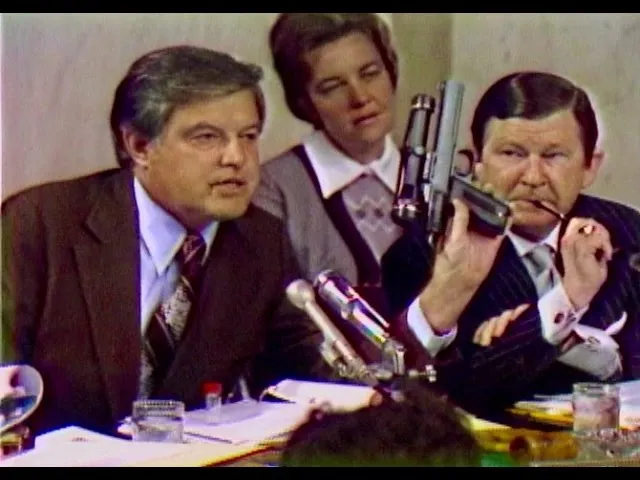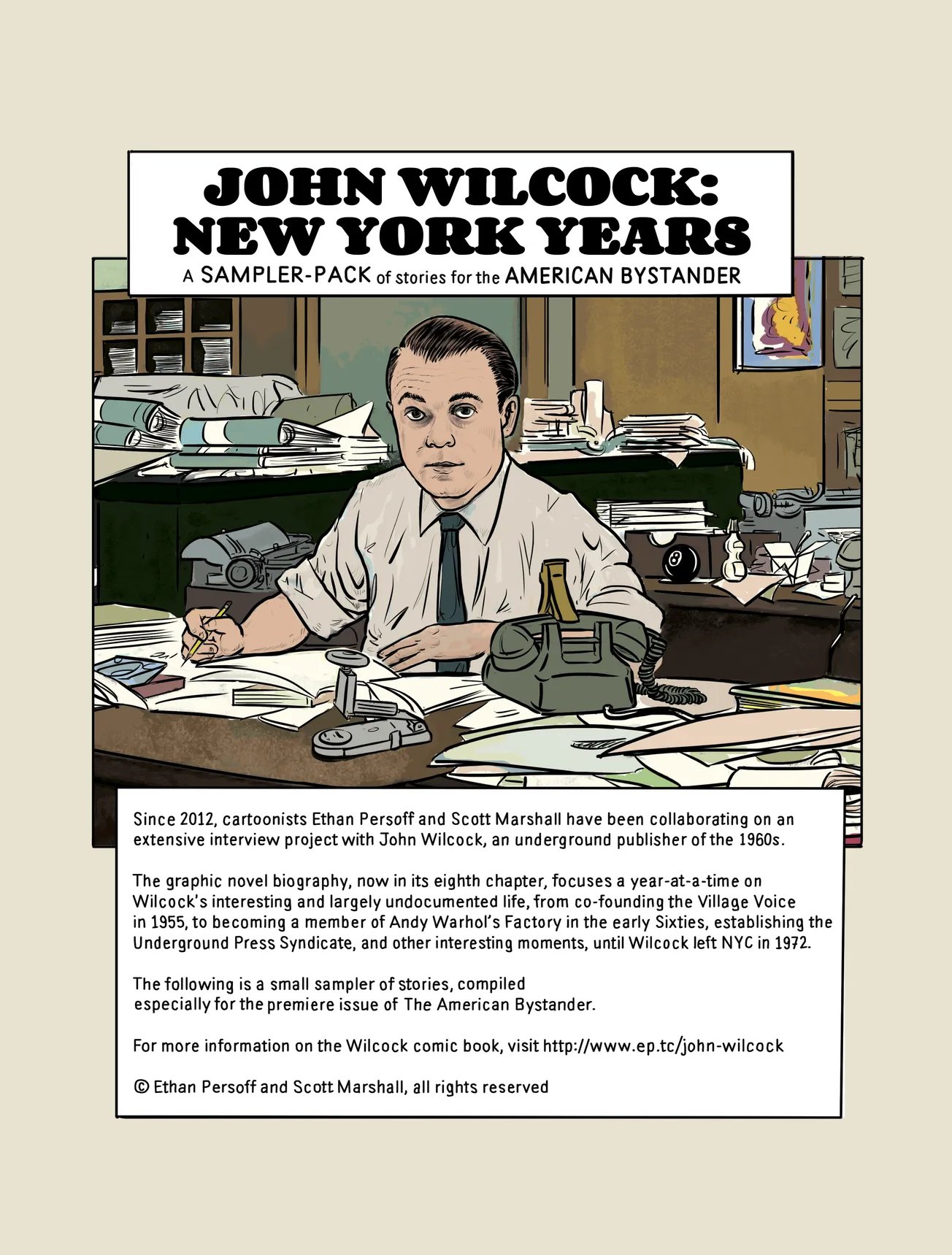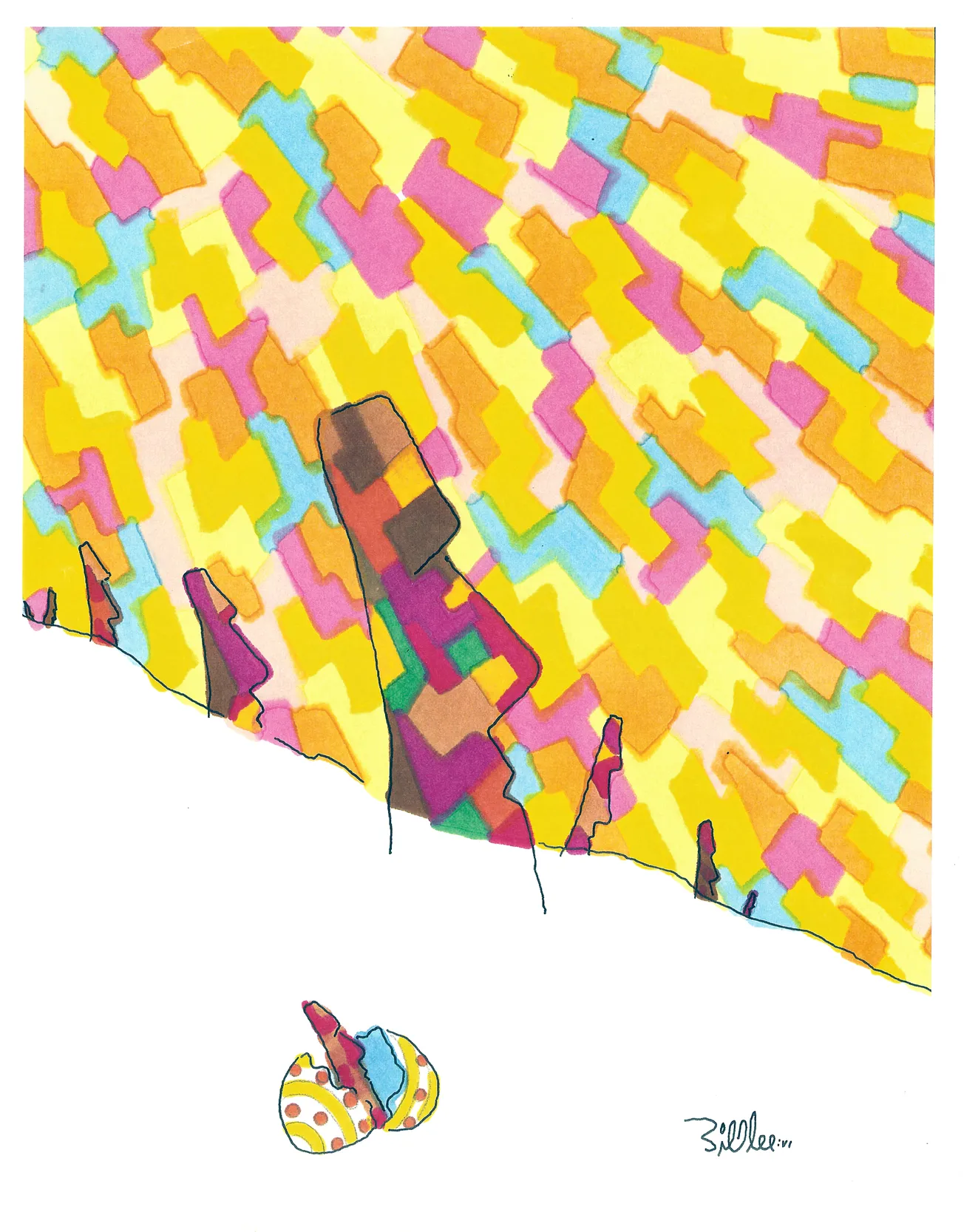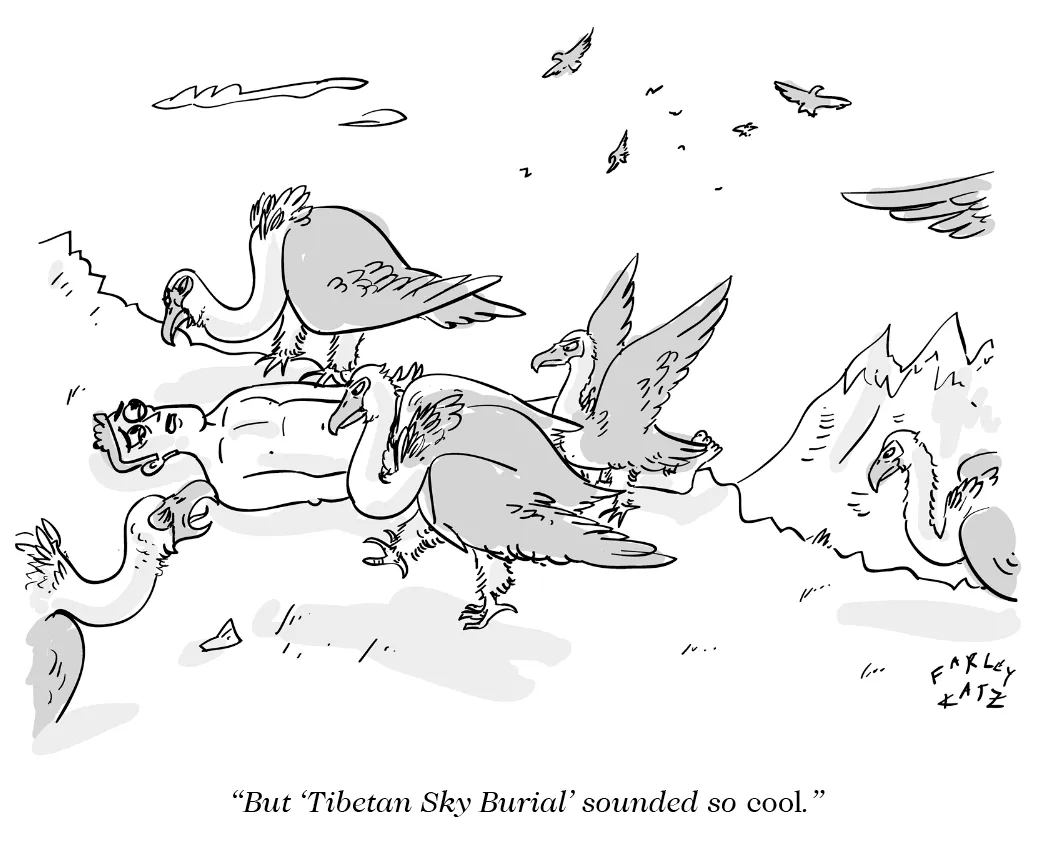I was, as some of you know, obsessed with the JFK assassination for thirty-five years, starting at about six. I am not obsessed any more; pretty much the first thing that happened when I began getting my super-spiffy acupuncture is that I could not consume media about scary things—from political murders to alien abduction—which had been my steady diet from the time I was a small boy. That stopped overnight, and I am much happier for it.
Why would a precocious little boy born six years after JFK’s death become fascinated with such a horrible topic? I had my reasons. As an Irish Catholic, the Kennedys were our Household Gods; when I was barely old enough to write my name, I remember drawing a picture of the “Honey Fitz,” JFK’s Presidential yacht. And the news of 1975-1979 was really filled with assassination stuff, due to some high-profile post-Watergate governmental bodies re-investigating all the murk of the Sixties, from the Church Committee’s probe of the intelligence agencies to the House Select Committee on Assassinations (HSCA), which re-opened the murders of JFK, RFK, and Martin Luther King. I thought about all this because adults—a lot of them—were talking about it. And given that my own father had died suddenly and young, smart little me was quite primed for just this kind of mystery.
What happened? We don’t know, not for sure, STILL, and that right there is the problem: history abhors a vacuum. For my entire life, and probably yours, there has been a massive cultural tug-of-war going on between two forces determined to fill that vacuum. On the one side, there is the government, academia, and the professional press, all saying, “Oswald did it. Move along.” All the power has lined up behind the official story really from the first hour, and has only become more vociferous in its defense. On the other side, there has been a shifting coalition of “researchers,” private individuals of varied background (and, it must be said, varied sanity) who have tugged at loose threads—sometimes for a lifetime—weaving together these strands into an alternative story of November 22nd and its aftermath.
Much to the dismay of mainstream academics, most journalists, and of course, the government, this alternative story has legs. The American public has consistently favored the conspiracy narrative. When they are feeling charitable, the authorities chalk this up to a kind of mass sentimentalism; when they are scornful, they dismiss it as incomprehensible stupidity. In my 54 years I have not found most people to be stupid. I have actually found most people to be as smart or smarter than people who work in academia, government and the media. And every time a person in academia, government or the media says, “Listen, don’t believe your own eyes, ignore all that, listen to my authority,” trust in that authority decays. It has to.
With the exception of about eighteen months after Watergate, when it was impossible to refute that conspiracies could and did “happen here,” no one in authority seems to be able to speak of JFK researchers without calling them kooks, and/or lumping their theories in with UFOs and Bigfoot. It is peculiarly American to think of political murder as an act so extraordinary as to be extraterrestrial, so rare as to be supernatural. And yet our beloved American Revolution was nothing if not “a conspiracy”; and our greatest President, Lincoln, was murdered by a seeming lone nut who was in fact part of a large, if disorganized, cabal. But certain thoughts simply will not be respected, and so on every year ending in a three, another doorstop-sized book comes out supporting the Warren Commission, published with as much gravitas as Random House can muster. “Read this book explaining the simple story of how one dude shot another dude. It’s only 1632 pages and a footnote CD long.”
(There is only one historical topic that justifies that kind of length, and it is The Beatles. Ask me and I will tell you why, but back to the essay at hand.)
The gatekeepers endlessly give us opportunities for closure, and yet we do not take them. Why is this? I would submit that it’s not because of a sentimental attachment to John Kennedy, whose stature isn’t truly affected, any more than Lincoln’s. People don’t buy the Warren Commission narrative because it simply doesn’t add up. 1632 pages or one, “the math don’t math,” as my friend says, and so the vacuum remains, and the anxiety caused by absence.
To me, it’s clear that anxiety is some part of why we are where we are today, with 25% of the population—many of them Boomers traumatized as young people by the assassinations—not really so keen on democracy, not able to see why we should protect it, deeply cynical about politics, deeply cynical about experts, deeply alienated, frightened, confused, and unable to tell politicians from celebrities and celebrities from mobsters. The “what does it all matter?”, the shrugging at violence, the neurotic desire to have everything under control, a seamless national myth with no troubling gaps—do we really think that the political murders of the 1960s have no connection to all this?
The fact is, the Kennedys are still with us, from Trump’s wheezing efforts to build a dollar-store Camelot (and, when thwarted, Melania’s tearing out of Jackie’s garden), to the bizarre and troubling candidacy of Robert Kennedy, Jr., more meme than man. Take the Gemstone File, put it through the algo, and you get Q-Anon—which drove people to gather in Dealey Plaza to wait for John-John.
It is bizarre. It exposes a very sick, very stuck political culture. It as if people in 1960 had been obsessed with President McKinley.
At this late date, how can this anxiety of absence ever be soothed? Will politics-as-governance ever come back? Why do people still care?
• • •
Last week Paul Landis, the Secret Service agent protecting Jackie Kennedy on 11/22, came forward and said that he saw a bullet laying on the back of the passenger area of the motorcade. He put it in his pocket, and then deposited it onto JFK’s stretcher.
If true, this revelation utterly sinks the so-called “magic bullet” theory, which is absolutely necessary for Oswald to have acted alone. The “magic bullet” theory 1) puts the shooter above and behind the motorcade, i.e. where Oswald was said to have been; and 2) allows for one person to inflict a lot of wounds on two people in the 6.5 seconds from first shot to last, as shown by the Zapruder film. Without getting into details (and believe me, I could) the presence of another bullet makes it impossible that Oswald acted alone. If Landis is telling the truth, the Warren Commission has been wrong from the beginning.
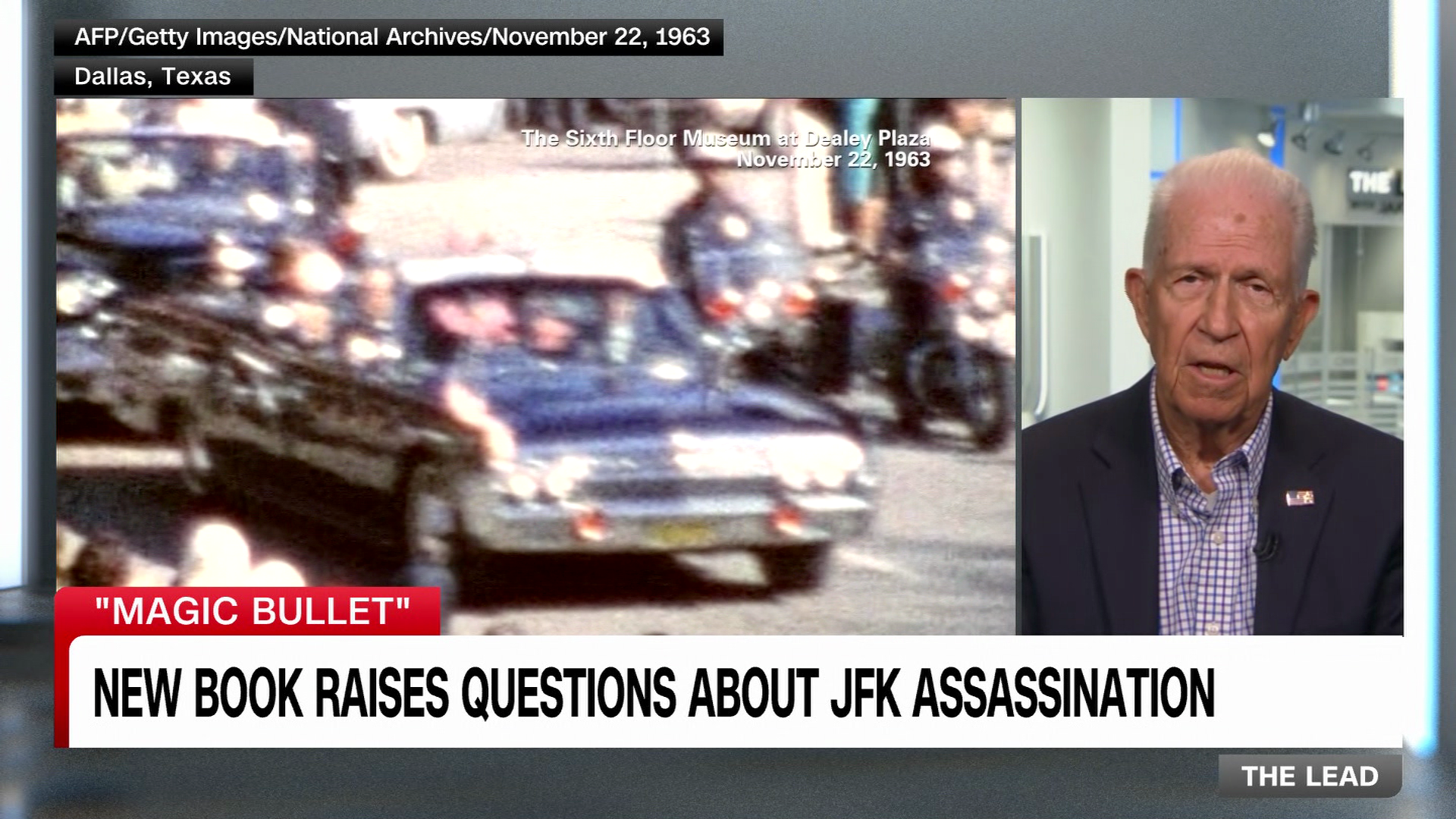
So is Landis telling the truth? He’s 90, after all, and why did it take him so long to speak? But the presence of another bullet seems to be corroborated by earlier interviews with a trauma room nurse. It also solves a problem with the autopsy, which is the presence of a shallow wound in JFK’s upper back; the autopsy doctor, James J. Humes, found that the wound extended no deeper than his little finger. The Warren Commission moved that wound up and turned into a transit of the neck, to make the wounds fit the conclusion they needed.
So another bullet shallow in the back, falling out onto the backseat isn’t just the potentially faulty memory of a 90-year-old man. It actually fits with the evidence in ways that the “magic bullet” simply cannot, no matter how many pages people like Vincent Bugliosi or Gerald Posner or The New York Times are determined to fill in its defense.
What do I think? I think I’m retired from this topic, and happily so; though I still feel the vacuum at times, I have made my peace with the anxiety of absence. I think we’ll never know what happened on November 22…but what definitely didn’t happen might be proven in our lifetimes. I think Landis’ admission is a step towards that. It’s yet another piece of evidence that makes the Oswald acting alone theory more unlikely.
I do have my surmises, but I’m not going to get into them here, for two reasons. The first is, the evidence was so poorly handled, so untracked and corrupted, that even by the evening of November 22nd the truth was lost. The second is that there are much better guides than I could ever be—John Newman and Jim DiEugenio and Lisa Pease, to name three—but the topic is a fundamentally unwholesome one. It eats people up; it nearly ate me up. I’m not writing this to get you interested, I’m writing it as a lament. I think that JFK Whodunit Anxiety is maybe one reason why Americans, especially Boomers, have become so weird and are getting weirder when it comes to politics. And Donald Trump agrees, which is why he’s still, even now, of course he is, pandering to the conspiracy-heads.
• • •
I have a story I tell frequently, frequently enough you could call it “a chestnut.” It’s an explanation why I went into comedy, which is something I do passably well and enjoy, rather than become an historian, which I think I might’ve been really great at. I mean, when a kid is obsessed with historical events as a six-year-old, that’s an historian in training. And when I went there in 1987, Yale was considered to be the best place around for undergrads interested in History. My grades were good, and as I came into Senior year, it was entirely possible that I could snag a plum spot in some Ivy Ph.D. program, and spend the rest of my life in elbow patches, debating the finer points of the era that I love to think and write about, the US and UK from 1955-80.
Every fourth-year History student was required to write a big paper called a Senior Essay—basically a monograph derived from original research, bristling with footnotes, and designed to prove that this student is indeed grad school material. I had two ideas for my Essay, but one was definitely closer to my heart, so I booked a meeting with a junior professor I’d gotten to know who might advise me on it. He taught Yale’s postwar American history survey, and he and I had bonded immediately. He was considered to be a real “comer” in the Department.
One sticky afternoon in early September 1990, I showed up at his office hours. We shook hands; he smiled and said that he’d seen my bit in The Yale Record humor magazine poking fun at Sir Michael Howard, a military historian Yale had inherited from Sandhurst, the UK’s version of West Point. “Sir Mike” as I teasingly called him, was one of the most respected historians in the world, and a God-tier lecturer. I adored his class, and wanted to be him when I grew up.
Or did I want to be John Boswell, the blindingly brilliant 34-year-old medievalist who’d just published a book to much fanfare and controversy, Same-Sex Unions in Premodern Europe? Boswell’s lectures had held me spellbound and—I’m still chuffed by this—he actually wrote nice things on several of my papers. He was a nice man; eighteen months after I’d haunted his 500-person lecture, Professor Boswell always nodded to me as we passed each other on the slate pathways of the Old Campus.
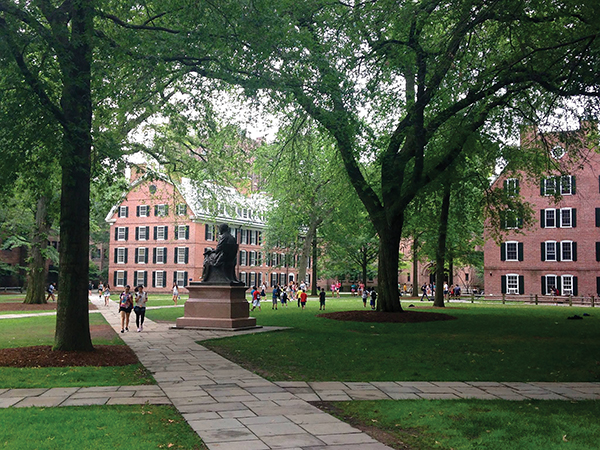
But my Senior Essay idea wasn’t about the medieval world; nor was it about military history. It was about JFK. “I’d like to do a paper on the Kennedy assassination,” I told the young prof. “I’ve been interested in it since I was six, and have read pretty much everything I could get my hands on. I read the entire HSCA report as a Freshman in high school.”
The prof nodded. “What’s your angle? It’s a big topic, and you only have a year.”
“I’d like to examine it as an emotional event, a national trauma. I’d like to try to come to some conclusions about how it affected the country psychologically, and how those traumas manifested in the political behavior of Americans, particularly young people, on both the left and the right. Everybody writes about the whodunit, but I’m more interested in how it changed how Americans feel about democracy, and how they’ve acted in the political sphere ever since.”
“That’s really interesting,” he said. “I’ve never seen that before.” (Remember this was 1990, JFK hadn’t even come out.) “Will you need access to government people? Shouldn’t you be meeting with Robin Winks?” Professor Winks was Yale’s preeminent expert on the intelligence community, and had just published a book on Yale’s role in the OSS called Cloak and Gown. Anybody who reads about the JFK assassination reads a lot of names of Yale alumni, from the notorious James Angleton ’41, to Richard Bissell ‘32. (Thirty years before heading up the CIA’s efforts to kill Fidel Castro, Bissell ran a short-lived satirical competitor to The Record called The Harkness Hoot.)
“Professor Winks' is a good friend of my girlfriend’s dad,” I said, “but no, I don’t really want to get into that angle. Except maybe to talk about the mass-psychology of political murder. He’d probably have an interesting pamphlet or two.”
“I think he might,” the young Professor said. “I suspect he’s interviewed Ed Lansdale and lots of counterinsurgency people like that.” He twiddled a pencil. “Well, I’m definitely interested,” he said. “It’s an excellent topic, and I think I could advise you well. I’m working on some stuff about the transition between JFK and LBJ.”
”Great!” I said.
”But before we settle it, I have to ask, what do you think happened? Who did it?”
I paused. This was a professional historian, and I didn’t want to come off like a “kook.” “Well,” I said, “taking everything into account—looking at it from every angle—and factoring in the tremendous pressure in favor of the lone assassin hypothesis—the Warren Commission was basically created to come to that conclusion—”
”You’re stalling.”
“—I think that we can’t know for sure. The limo was hosed immediately and the windshield was replaced, Dealey Plaza wasn’t properly sealed, random people were bringing in fragments of bullets and bones for days, the stockade fence area wasn’t sealed…you know all this. Given everything, my guess is that the Warren Commission isn’t correct.”
“I see,” the professor said. “So you don’t think Oswald did it?”
“He was there, sure; he might’ve even fired a gun. But I think the only thing we can say for certain is that the Warren Report isn’t what happened.”
There was a long pause. I swear to God I remember the ticking of a clock; the professor, formerly chatty and ebullient, seemed lost in thought. He finally looked up. “So what’s your other idea?”
“A history of The Yale Record college humor magazine,” I said.
“Do that,” he said. After giving me a beat to shake off what just happened, we shook hands again, and I left.
• • •
Now, twenty years older than that prof was, I have a lot of sympathy for him. I wasn’t just asking him to advise me, I was asking him to vouch for me, and while I couldn’t help his young career, I might could hurt it. You’d think that the historians would’ve been the first to question the Warren Commission—that’s what tenure is for—but they weren’t, not in 1963, and not in 1990, either. For sixty years now, the rest of the country has been reading books and watching documentaries and coming away convinced something weird happened in Dealey Plaza, and historians…haven’t. Why is that?
I’ve never been able to come up with a satisfactory answer. I don’t think it’s because there’s no evidence of a conspiracy, or that the “proof” doesn’t come up to standards; historians regularly spin theories a lot wilder than whatever happened on November 22nd, 1963. Left-field theories—like, say, the effect of lead plumbing on ancient Rome—are part of what makes History wonderful, what drives it forward. Could I have written an Essay on the rumor that Hitler had one testicle? Probably. Or the belief that those plays weren’t written by William Shakespeare? Surely. But JFK, I couldn’t touch. In 1990, I knew of no historian of the first rank, certainly no Howard or Boswell, who publicly espoused the conspiratorial case; I know of none today.
Walking out of that meeting, I realized that as much as I loved American history between 1955-1980, I couldn’t be a professional historian of it. Precisely because I loved it so, I couldn’t be a historian of it. I wanted to tell the truth, go wherever the data took me, but the historian’s job is also political. You can only tell as much truth as the world wants to hear. In 1990, the Sixties were too close, the wounds too fresh, hypotheses too contested, conclusions too culturally powerful. Not enough people had died yet. Right and left, everyone in authority wanted to move on, and any historian who couldn’t read that room was doomed to live a very hard life at a very small school…if you could get a job at all. You might sell a pop history book, but you’d never get tenure. You’d never widen out what history was and could be, with something like Same-Sex Unions in Premodern Europe. You’d never get the institutional imprimatur that allows you to really make it in that field. You, like the rest of the 50-81% of Americans who don’t believe in the Warren Report, would just be a “kook.” Whether he realized it or not, that young professor saved me from that fate, and I thank him for it.
Maybe the dashing young President really was killed by a scrawny edgelord with a bad combover and the annoying politics of a dorm room bore. Or maybe that edgelord had been identified as a Marine of particular promise, recruited into the CIA’s Planned Defector Program, and performed highly dangerous duties for his country deep inside the Soviet Union. Maybe when that big fat motorcade dawdled by, he was crouched on the sixth floor, where the museum is today—or maybe he was sitting down in the lunchroom drinking a Coke, waiting for a call from his man at the FBI. We’ll never know; I’ll never know. That day, at twenty-one, I realized that if anybody was going to find out the truth, it wasn’t going to be me. And that made me sad, because I knew what it was like to live with the anxiety of absence, of not-knowing, growing up with a father who once was there, and then was just…gone. A blank space that, when things got hard, you filled with nightmares.
A hole in the family. And nobody would talk to you about it, because you weren’t old enough. Not mature enough. Not ready for the truth.
No way to find out what really happened.
Just theories. Shadows. And, most of all, tears.

